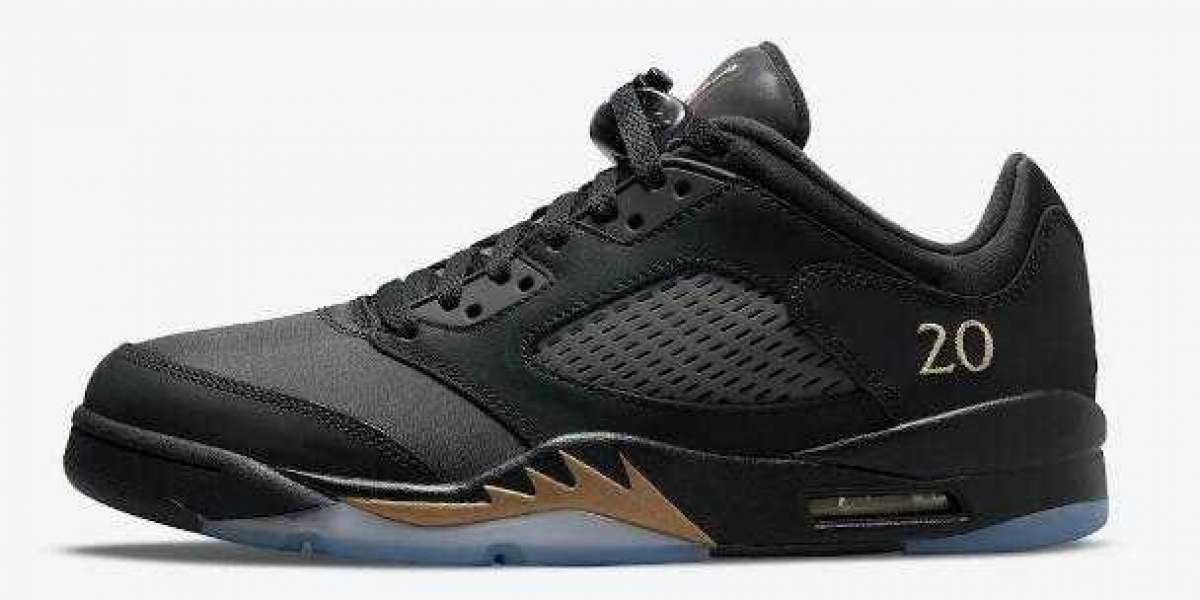Kings Research™ presents this information in its report titled, “Functional Beverages Market Size, Share & Industry Analysis, By Type (Caffeinated Beverages, Probiotic Drinks, Vegetable & Fruit Beverages, Energy Drink, Nutraceutical Drinks, Fortified Water, and Others), End-user (Athletes, Fitness Lifestyle Users, and Others), Distribution Channel (Supermarket & Hypermarket, Specialty Stores, E-Commerce, and Others), and Region - Market Perspective, Market Intelligence, Comprehensive Analysis, Historical Data, and Forecast for 2023-2032"
Global Functional Beverages Market size was worth around USD 128.1 billion in 2022 and is anticipated to generate revenue of USD 205.8 billion by 2032 at a CAGR of around 4.8% between 2023 and 2032.
Top Key Players:
- Arla Foods Ingredients Group P/S
- Danone S.A.
- General Mills Inc.
- Koios Beverage Corp
- Mondelēz International
- Nestle
- PepsiCo
- Red Bull
- SUNTORY HOLDINGS LIMITED
- The Hain Celestial Group, Inc.
- The Kraft Heinz Company
Get Full Report Details @ https://www.extrapolate.com/food-beverage/functional-beverages-market/87387
A key factor contributing to the growth of the functional beverages market is the increasing consumer shift towards preventive healthcare. The global health crisis caused by the COVID-19 pandemic has emphasized the importance of maintaining a robust immune system, resulting in consumers seeking out products that offer health-boosting properties. Functional beverages, infused with ingredients such as vitamins, antioxidants, and probiotics, have become an appealing choice for individuals looking to enhance their immunity and overall health. This demand for immunity-boosting products has spurred innovation in the functional beverages segment, with manufacturers introducing beverages fortified with immunity-enhancing ingredients like zinc, vitamin C, and echinacea.
Functional beverages have evolved from being niche products into mainstream offerings. The global marketplace has witnessed an influx of products that cater to a wide range of needs, such as energy enhancement, immune support, gut health, hydration, and cognitive improvement. The ever-expanding portfolio of these beverages encompasses categories like energy drinks, fortified waters, sports drinks, dairy-based drinks, herbal infusions, plant-based beverages, and probiotic drinks. This diversification has enabled manufacturers to cater to the varied preferences of health-conscious consumers.
The expansion of e-commerce and digital platforms has played a pivotal role in the growth of the functional beverages market. With the proliferation of online retail, consumers now have greater access to a wide array of functional beverage brands and products, making it easier to explore new options and make informed purchasing decisions. The convenience of shopping online has also made it possible for consumers to compare products, read reviews, and access detailed product information, which has led to an increase in the overall consumption of functional beverages. As digital platforms continue to evolve, the market is likely to see a further boost in sales, especially as brands optimize their online presence through targeted advertising, influencer partnerships, and social media marketing.
Functional beverages are also benefiting from the growing consumer interest in fitness and sports nutrition. As more individuals adopt active lifestyles and engage in physical activities, the demand for beverages that provide hydration, energy, and muscle recovery has soared. Sports drinks and energy beverages, in particular, are witnessing increased demand due to their ability to replenish electrolytes, enhance endurance, and provide sustained energy during workouts. Functional beverages tailored to fitness enthusiasts often contain a blend of electrolytes, amino acids, proteins, and natural stimulants, providing consumers with the desired performance-enhancing benefits.
North America and Europe continue to be mature markets for functional beverages, with consumers in these regions showing a strong inclination towards health-conscious products. In North America, the demand for functional beverages is driven by a robust fitness culture and the growing interest in dietary supplements. Consumers are increasingly looking for convenient and effective ways to improve their overall well-being, leading to the popularity of beverages that offer functional benefits like energy boosting, stress relief, and cognitive enhancement. Similarly, in Europe, the rising demand for organic and plant-based beverages is fueling market growth. The trend of personalized nutrition, where consumers seek products that cater to their specific health needs, is also contributing to the expansion of the functional beverages market in these regions.
Sustainability has become a major focus for the functional beverages industry as consumers are becoming more eco-conscious. Beverage companies are responding by adopting environmentally friendly practices, such as using recyclable packaging, reducing plastic waste, and sourcing ingredients from sustainable and ethical suppliers. The use of plant-based packaging materials and the development of zero-waste production processes are becoming more prevalent as brands aim to reduce their environmental footprint. Consumers are increasingly choosing products from brands that demonstrate a commitment to sustainability, which is expected to drive further innovation in packaging and sourcing in the coming years.
The competitive landscape of the functional beverages market is characterized by the presence of several key players, including multinational beverage companies, startups, and niche brands. Major beverage companies, such as PepsiCo, Coca-Cola, and Nestle, have expanded their portfolios to include functional beverages, either through the development of new products or by acquiring smaller brands that specialize in health-oriented beverages. At the same time, smaller companies and startups are making their mark by offering innovative, niche products that cater to specific consumer demands, such as organic, plant-based, or probiotic beverages.
At the core of our mission, we strive to drive revenue impact for our clients through exceptional research strategies. With a focus on exclusivity, innovation, and real-time insights, we provide accurate, reliable, and actionable market research data. This empowers our clients to seize opportunities, navigate risks, optimize their strategies effectively, and build the businesses of tomorrow.









